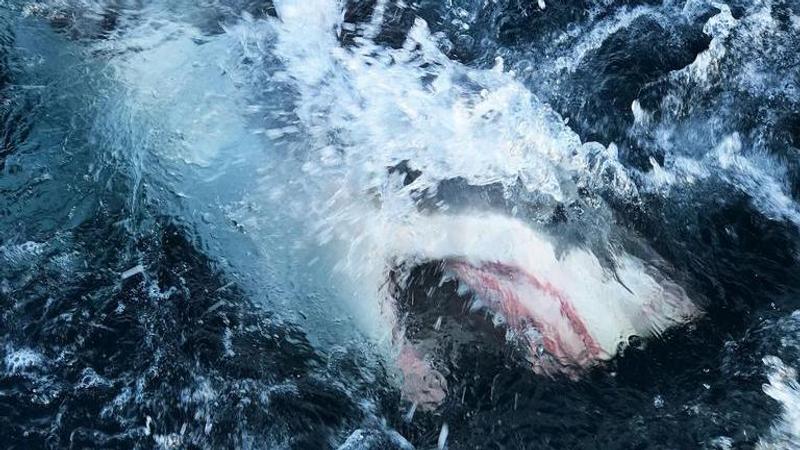Published 08:09 IST, January 28th 2021
Shark population declining sharply, 71% vanished since 1970: Study
According to the study, published in the journal Nature, the population of oceanic sharks and rays have declined by a whopping 71 percent since 1970.

A new study sheds light on the massive decline in the population of sharks and rays in oceans across the world, particularly because of a surge in global fishing. According to the study, published in the journal Nature, the population of oceanic sharks and rays have declined by a whopping 71 percent since 1970. The sharp decline has occurred due to an increase in fishing fleets across the world.
Stuart Sandin, a marine biologist working with the Scripps Institution of Oceanography, describes sharks as "terrific predators", saying they can sense any movement in the ocean from a faraway distance. Sharks are equipped with great sensing abilities, which help them find prey in open oceans. However, this ability of theirs also makes them a vulnerable species because it mostly results in them getting caught in random fishing nets.
"You drop a fishing line in the open ocean, and often it’s sharks that are there first — whether or not they’re the primary target," Sandin, who is also the co-author of the study said in a statement.
24 of 31 species on verge of extinction
According to the study, 24 of the 31 shark species are on verge of extinction, while three species are considered critically endangered. The study suggests that a massive increase in international fishing fleets across the world has resulted in the decline of the sharks' population. The study said that the global fishing fleets have increased by a fold since the 1950s, which has led to widespread fishing in open oceans, hence causing a decline in shark population.
The study said that while some fishermen intentionally catch sharks and rays, most get hold of them while laying nets for tuna and other fish species. The study also said that sharks and rays reach their sexual maturity age quite late as compared to some other fish species in the ocean, which makes it difficult for their species to reproduce at a higher rate that could result in an increase in their population. Sharks and rays have cartilage skeletons, which is different from the bone skeletons in other fish species, which means that they give birth to fewer offsprings.
(Image and inputs: AP)
Updated 08:09 IST, January 28th 2021




